The BIGDatA REU site will be guided by a team of research mentors, with diverse research expertise.
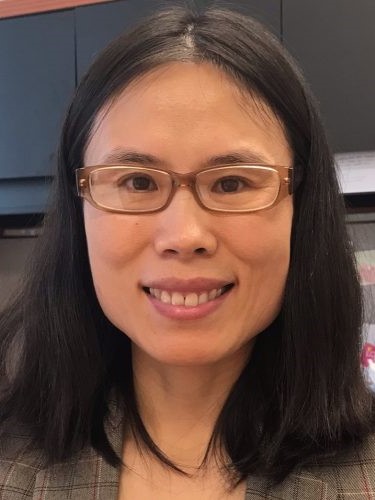 |
Dr. Huiping Cao (PI) received her PhD in Computer Science in 2007 from The University of Hong Kong (HKU). She is a Professor in the CS department at NMSU. Dr. Cao’s research expertise is in the general area of data mining and data bases. Her research includes time series mining, graph (e.g., social networks, power systems) mining, graph search, and data integration. |
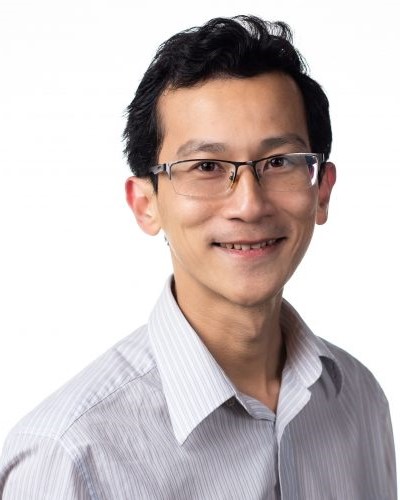 |
Dr. Tuan Le (Co-PI) received his Ph.D. from the School of Information Systems at Singapore Management University (SMU). His research interests are in data mining and machine learning, with a focus on text mining, visualization, and graph mining. Before joining NMSU, he was a visiting assistant professor at Oakland University. Earlier on, he was a postdoctoral researcher at Heinz College, Carnegie Mellon University. |
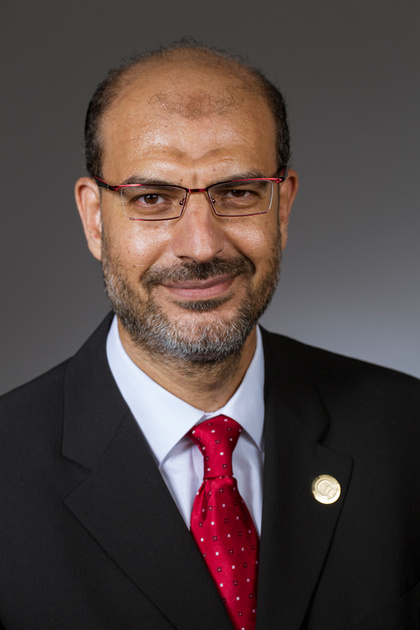 |
Dr. Abdel-Hameed A. Badawy received his PhD in Computer Engineering from the University of Maryland in 2013. He is an Associate Professor in the Klipsch School of ECE at NMSU. His research interests include Performance Modeling, Prediction, Monitoring, and Evaluation, High-Performance Computer Architectures, High-Performance Computing, Post-Moore’s law hardware, Hardware Security including IoT devices, Machine Learning applications for Computational problems, and Quantum Computing. |
 |
Dr. Edgar Eduardo Ceh-Varela received his Ph.D. in Computer Science in 2021 from New Mexico State University (NMSU) and a Doctorate in Computer Systems in 2013 from Southern University in Mexico.He is an Assistant Professor of CS in the Mathematical Department at Eastern New Mexico University. Dr. Ceh-Varela’s research interests are in applied data mining and machine learning, focusing on recommender systems. |
 |
Dr. Bill Hamilton earned his bachelor’s degree from Texas A&M University. His involvement in undergraduate research led to his pursuit of a Ph.D., also at Texas A&M University, with a focus on Human Computer Interaction, which he completed in 2018. Bill’s research areas include live media design, online communities, online education, and video game design/culture. His current research investigates how new live media forms can support participation in critical aspects of society including education, politics, work, and play. Dr. Hamilton is interested in investigating how people share information and maintain information awareness in collaborative digital workspaces and games. He employs research methods such as qualitative ethnographic inquiry and deploying exploratory technology probes to elicit and observe new social phenomena. |
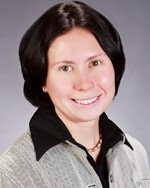 |
Dr. Olga Lavrova received her Ph.D degree in Electrical Engineering from University of California at Santa Barbara, her research interests include photovoltaics and other emerging renewable energy technologies, as well as nano-scale semiconductor structures and their applications. Being a member of the Power and Energy group at the ECE Department, Dr. Lavrova’s research interests include photovoltaics and nano-scale semiconductor structures for photovoltaic applications, as well as Smart Grid and emerging energy generation, distribution and storage technologies. |
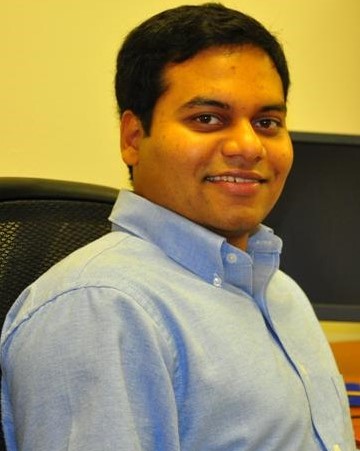 |
Dr. Satyajayant Misra received his PhD in Computer Science from Arizona State University in 2009. He is an Associate Professor in the CS department at NMSU. His research interests include algorithm and protocol design for security, privacy, reliability, and efficiency in wireless and wired networks, online social networks, cyber-physical systems, and in high performance computing. |
 |
Dr. David Mitchell received the Ph.D. degree in Electrical Engineering from the University of Edinburgh, United Kingdom, in 2009. He is currently an Assistant Professor in the Klipsch School of Electrical and Computer Engineering at the New Mexico State University, USA. He previously held Visiting Assistant Professor and Post-Doctoral Research Associate positions in the Department of Electrical Engineering at the University of Notre Dame, USA. He is a Senior Member of the IEEE and his research interests are in the area of digital communications, with emphasis on error control coding and information theory. Dr. Mitchell has published over 40 peer-reviewed IEEE journal and conference articles gathering more than 600 international citations. His work “A Puncturing Algorithm for Rate-Compatible LDPC Convolutional Codes” won a best paper award in 2012. |
 |
Dr. Enrico Pontelli is Dean of the College of Arts and Sciences. He also served as the college’s Associate Dean for Planning and Academic Resources. He earned his Ph.D. in Computer Science at New Mexico State University in 1997. In the same year, he joined New Mexico State Univesity as an Assistant Professor of Computer Science. He was promoted to Full Professor in 2005. He was granted the title of Distinguished Achievement Professor in 2012 and a Regents Professorship in 2014. He served as Head of the Department of Computer Science from 2009 to 2014. |
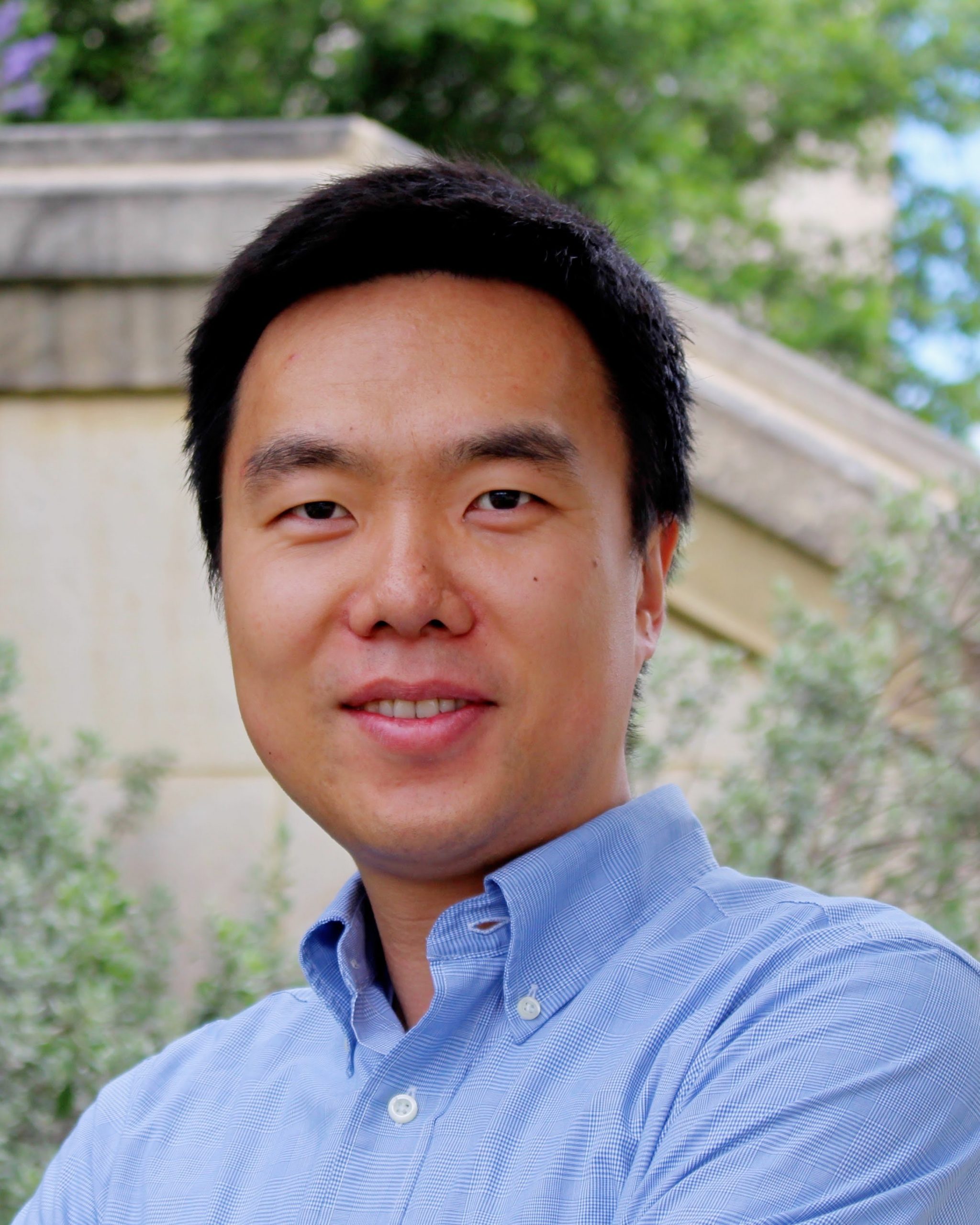 |
Dr. Liang Sun received his Ph.D in 2012, from Brigham Young University, his research includes Drones, Unmanned Aerial/Ground Vehicles, Tethered UAV Systems, Task Allocation, Sound Source Localization, Optimal Sensor Management, Cooperative Control and Estimation. |
 |
Dr. Son Cao Tran received his PhD in Computer Engineering in 2000 from the University of Texas at El Paso. He has been a full professor in Computer Science at NMSU since 2010. Dr. Tran’s research expertise is in artificial intelligence, namely knowledge representation and reasoning, logic programming, automated planning, intelligent agents, and multi agent systems. |
 |
Dr. Marshall A. Taylor earned his PhD in Sociology from the University of Notre Dame in 2019. He is currently an Assistant Professor in the Department of Sociology and a faculty affiliate in the Data Analytics masters program at New Mexico State University, where he is also the founder and faculty lead of the Data Science and Application Center (DaSA). His research focuses on questions of cognition and measurement in the sociology of culture. He studies how social contexts and cognitive structures interface to influence the stability and change of cultural knowledge and how to best measure cultural knowledge in natural language and survey data using computational methods. He has combined his interests in culture, cognition, and computation to study how journalists respond to innovative protest strategies, the evolution of immigration stereotypes in U.S. news media, and the relationship between self-personalization and negativity in congressional campaigns, to name a few. |
 |
Dr. Roopa Vishwanathan joined the faculty of the CS department at NMSU in Fall 2017. Her research area is cryptography, both theoretical and applied. On the applied side, she has interests in hardware-assisted cryptography, and its applications to the diverse areas such as secure outsourced data storage, verifiable encryption and fair exchange, privacy in location-based services, and more. On the theoretical side, she has done work in attribute-based signatures, new proof techniques for public key cryptography, secure function evaluation protocols, and more. Her current research project is about building tools to automate proofs of cryptographic protocols, specifically ones that use bi-linear pairings. |
 |
Dr. Fengyu Wang received his PhD in Electrical Engineering from Arizona State University. Dr. Wang is an Assistant Professor in the Klipsch School of Electrical and Computer Engineering. Dr. Wang specializes in power system operation, electricity market design, electric energy policy, renewable energy integration, and energy storage. |
